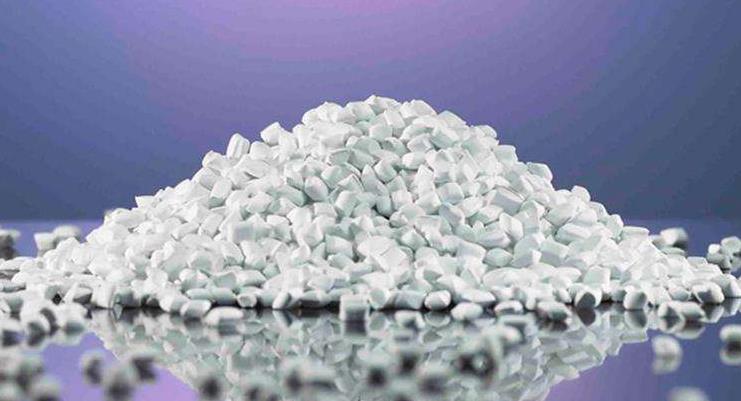The influence of color masterbatch on the quality of polypropylene fiber
The color masterbatch industry has also been greatly developed with the development of related industries, and the production technology level of color masterbatch has also made progress. The use of color masterbatch is also constantly expanding. However, due to the influence of China's traditional market competition model, they often seek out opportunities to compete; Low quality, affordable, and usable;, This has led to unstable production, low quality grade, and weak product competitiveness among downstream color masterbatch manufacturers. This title has been widely recognized by many color masterbatch manufacturers, especially polypropylene manufacturers with high quality requirements, who are paying more attention to the impact of color masterbatch quality on polypropylene quality. Therefore, according to the requirements of the Polypropylene Chemical Fiber Industry Association, the impact of color masterbatch on the quality of polypropylene fiber is briefly discussed
1、 The dispersion of color masterbatch in polypropylene fibers
The polypropylene fiber with various colors is caused by the uniform dispersion of pigment particles in the polypropylene fiber, and the key is that the pigment particles are sufficiently refined and evenly distributed (mixed) in the polypropylene fiber. Refinement and dispersion refer to the abundant refinement of pigment particles and their uniform distribution (mixing) in polypropylene fibers. Refinement and dispersion refer to the process of breaking the aggregate or spherical particles of pigments to a smaller size, and the key lies in uniform dispersion. The effect of dispersion has an impact on the luster, transparency, luster, fiber strength, elongation, aging resistance, and electronegativity of colored polypropylene fibers.

Generally speaking, pigments with a particle size less than 1um can only be used for fibers or ultra-thin films, while those with a particle size greater than 5um can lead to fiber surface defects** Xun Xiang? Greater than 10um will cause spots and streaks on the surface of the fiber, and the fracture strength and elongation of the fiber will continuously decrease as the particle size increases. The finer the particle size, the stronger the coloring power and the better the dispersibility. When the particle size decreases, the appearance increases, leading to an increase in covering power.
Because there are three types of pigment particles: native particles, agglomerates, and agglomerates, and in general, pigment particles are larger than agglomerates (about 75-250um), it is necessary to carry out dispersion treatment. The so-called dispersion of pigments is the process of crushing and refining agglomerates.
The dispersion of pigments is first achieved by moistening the pigment with a wetting agent and covering it on the surface, reducing the cohesion between the pigments and the energy required to break the pigment clusters. Secondly, the crushing and refinement of the pigment takes advantage of the free movement (impact stress) between the pigment particles and the shear stress of the surrounding medium to break the pigment clusters. After the dispersion and refinement of pigments, the particle size decreases and the surface area increases. The addition of free energy on the surface of the pigment also causes instability of the refined pigment. Therefore, further coating treatment is needed on the surface of the pigment to reduce the surface energy of the newly formed interface and avoid further aggregation. Then, the pigment is mixed and dispersed in the melt, which means that the wet and crushed pigments are evenly distributed to the material that needs to be colored.
Article source: Taishan conductive mica particles
-
04-11
Taishan conductive PP masterbatch: How to use defoaming masterbatch?
Defoaming masterbatch is suitable for enterprises that use PE and PP recycled plastics for product production. The trace amount of moisture contained in raw materials has a very serious impact on the
-
11-13
Characteristics and uses of conductive masterbatch plastics
Characteristics and uses of conductive masterbatch plastics1、 Characteristics of conductive masterbatch plastics:① Most plastics are lightweight, chemically stable, and will not rust;② Good impact res
-
10-13
What is PP talc powder masterbatch
What is the masterbatch of PP talc powder?PP talc powder masterbatch is a plastic modified filler, mainly composed of talc powder, which is a particle mixed with polymers or other carriers. It is main
-
08-09
Taishan Conductive Cloud Masterbatch Manufacturer Tells You Why to Use Conductive and Anti static Engineering Plastics
1. The fundamental physical properties of static electricity are:(1) Attracting or excluding;(2) There is a potential difference with the earth;(3) Discharge current will occur.These three characteris

